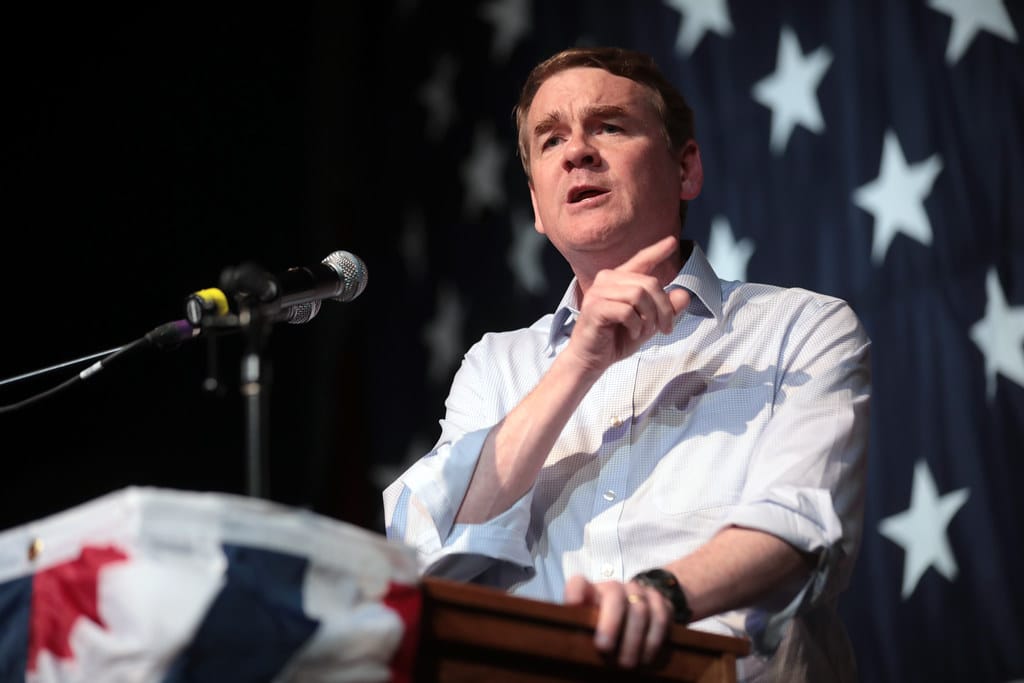Senators Reintroduce Bridge Act With Hope of $40 Billion for Broadband
Three Senators have reintroduced the BRIDGE Act with a proposed $40 billion to expand broadband access across the nation.

June 15, 2021–Three senators on Tuesday have reintroduced a bipartisan bill that would put $40 billion toward making broadband affordable and accessible.
Sens. Michael Bennet, D-Colorado, Angus King, I-Maine, and Rob Portman, R-Ohio, are pushing the Broadband Reform and Investment to Drive Growth in the Economy Act through Congress.
The bill, slightly modified from its previous version, aims to encourage gigabit-level internet wherever possible, raise the minimum speeds for new broadband networks to at least 100/100 Megabits per second, and lifts bans on municipal broadband networks throughout the country.
“It empowers communities to deploy their own networks to promote choice and competition. And it significantly raises the standard for any new broadband networks to ensure they meet America’s needs, not only today, but for years to come,” said Bennet via press release.
It comes as the White House negotiates with Republicans on how much the government should spend on broadband infrastructure. Biden’s American Jobs Plan has proposed $100-billion, but the White House has said it would be willing to go down to $65 billion to placate the Republicans.
The Bridge Act would be separate funding to Biden’s proposal or whatever is negotiated with the Republicans, but would also act as a possible replacement if negotiations fall through.
Last year, upon its introduction, the Senators said there’s an immediate need to close the digital divide as people’s lives quickly shifted online due to the pandemic.
Though the bill appears to have some bipartisan support, some still worry the support is not being directed toward the correct solutions.
“As the bill is written, however, the BRIDGE Act could have the unintentional effect of cutting consumers off from community-based providers and the broadband services they already receive,” Christina Mason, WISPA VP of Government Affairs, said in a statement.
As The Washington Post noted, the previous proposal was only $30 billion, which left out some funding for low-income communities. All three senators have since placed significant importance on creating reliable and affordable broadband in underserved communities.










